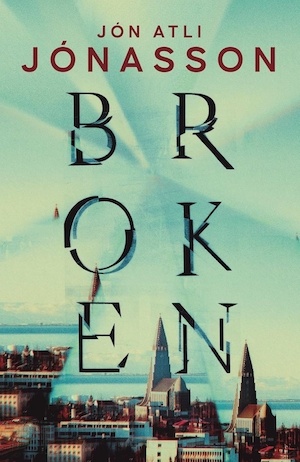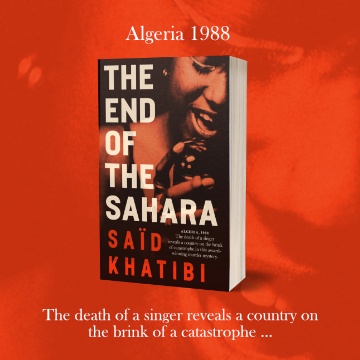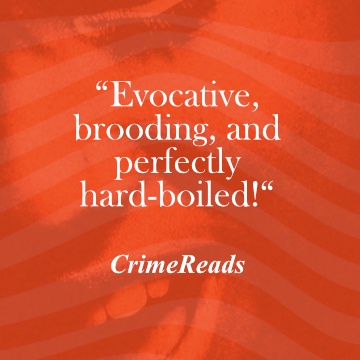
Translated by Quentin Bates — When the Reykjavik police decide to move in on an organised crime gang, all available officers are sequestered to take part in the raid. All except two, that is.
Not Rado. He’s in a tricky position. His background is Serbian, so he’s an outsider at the best of times. But more than that, his Polish father-in-law is a chief suspect who will be swept up in the operation.
And not Dóra. She’s even more on the fringe. In an arrest gone wrong, the suspect attempted to commit suicide but his stray bullet hit Dóra in the eye and penetrated her brain. Ever since, she’s been a different person. She’s still able to do her job, but can no longer resist the urge to speak her mind. Plus, she processes information very differently.
So while their colleagues arrest Iceland’s Eastern European mafia, their superior, Elliði, gives the pair the only case left on the table – a teen has gone missing from a school trip to Thingvellir National Park. Elliði is a gay officer who’s sympathetic to Rado but more than that, he feels responsible for Dóra’s injuries – he was there when it happened.
Dóra does all she can to find out more about the missing girl – a troubled teen who’s questioning their identity and is going by the name Morgan. A search at Thingvellir turns up a phone and a shoe, but other than that Morgan appears to have vanished. Rescue teams probe in the dark and the worry is they’re in one of the lakes or has frozen in the long winter night.
As they work, Dóra and Rado are being observed by a mysterious character called the Groke, an assassin on the payroll of parties unknown. Meanwhile, in the midst of the swoop on the Polish crime firm, a turf war is brewing involving a biker gang and an organised crime operation that really is organised.
There’s plenty of violence on the horizon, and all along it’s never clear whether organised crime has something to do with Morgan’s disappearance. The father is an addict, with debts – negligent maybe but probably not the culprit. It really does seem as though Morgan has vanished.
Their case goes unsolved for months, but it’s another assault on Dóra that splits the timeline. With his father-in-law nabbed by the police, Rado’s wife has left him. The two detectives come to rely upon one another more and more, with Rado supporting Dóra while she recovers. She’s been disabled by the brain injuries she’s suffered but her unique way of looking at things seems to become her superpower as a detective.
Dóra’s unpredictability brings an X factor to the novel, giving the author the freedom to throw in random twists and eccentricity. Rado’s struggle is different as he deals with the breakup of his family, still caring for his young son, along with memories of his parents and his brother, and how what happened in Yugoslavia affected them. This brings a contemplative element to the book, reminiscent of Arnaldur Indridason’s later Erlendur novels.
While the story itself feels a little fractured, the author’s focus is really on the characters. There are lots of outsider detectives in crime fiction, but there aren’t many novels out there that look quite so deeply into what this really means. It goes deeper than identity and into how characters like Dóra, Rado, Morgan and the Groke (to some extent) relate to the world. Yes, they’re swimming against the current, and there’s a whiff of police corruption too, but it’s not necessarily the struggle that defines them. That’s what’s so interesting about this novel.
Jón Atli Jónasson is a playwright and co-wrote the script for the Icelandic film The Deep with Baltasar Kormákur. Broken is his crime debut and the first of three in a series. We look forward to seeing what’s next for Rado and Dóra.
Read our interview with the author here, and hear him reading from Broken here.
Corylus Books
Print/Kindle
£3.79
CFL Rating: 4 Stars










